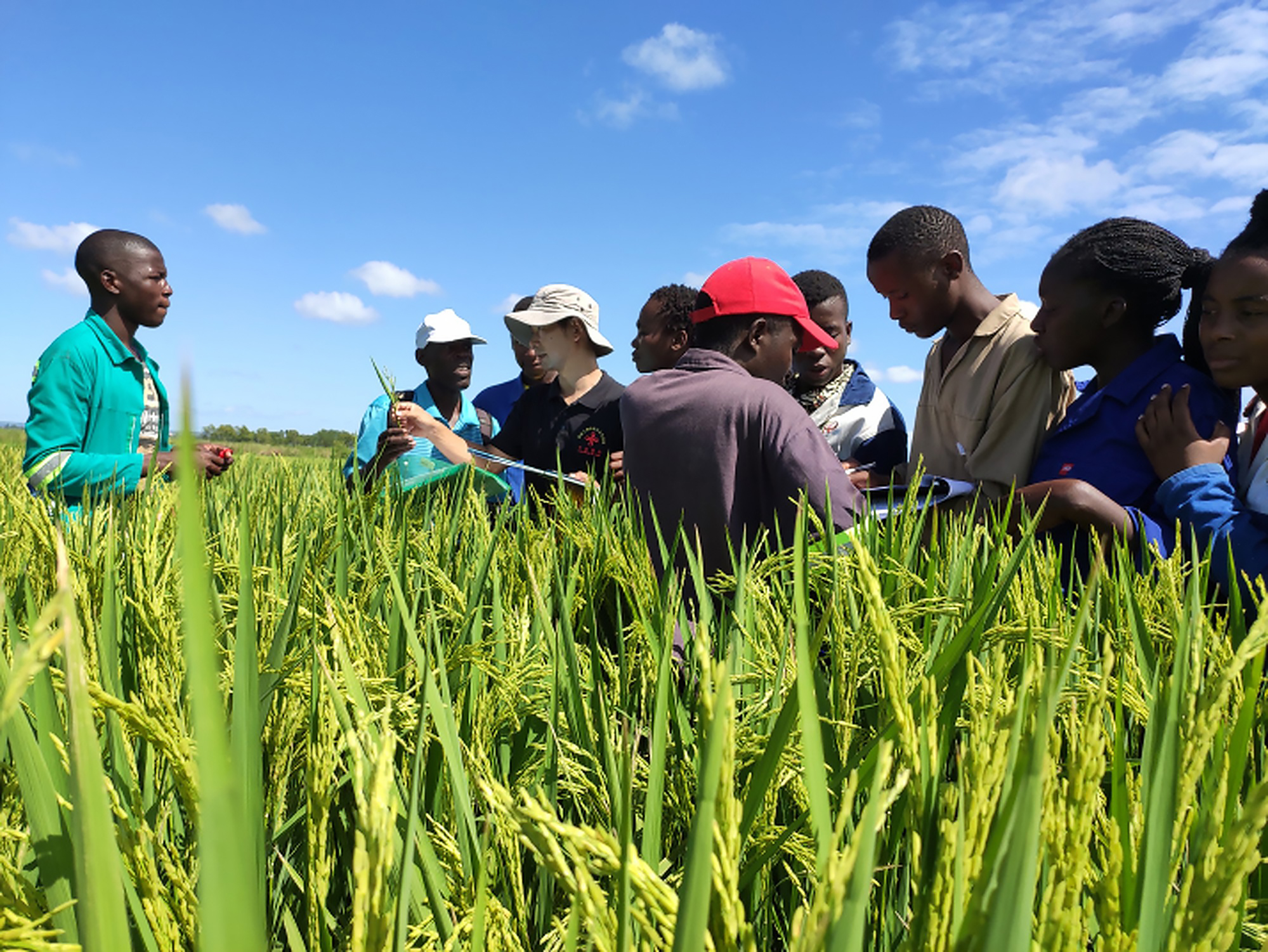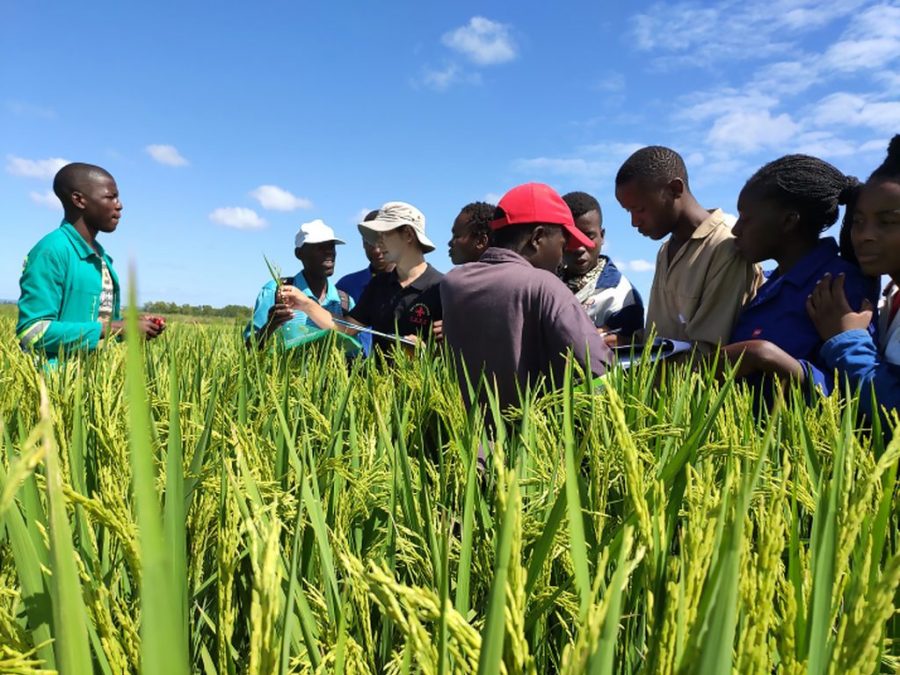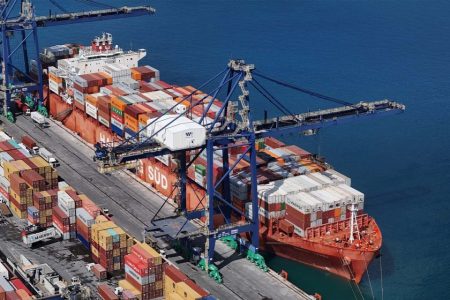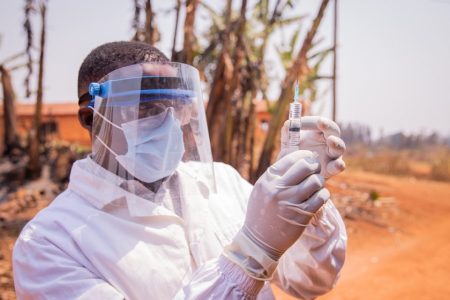Chinese experts have been helping to improve food safety in Africa, particularly at the Umbeluzi laboratory of the Mozambique Agricultural Research Institute in Maputo.
In 2019, Wu Guiyun and nine Chinese agricultural experts travelled to Mozambique to embark on a three-year agricultural assistance project. Wu, an agricultural product processing specialist, decided to make improving the level of food safety inspection his main focus.
“Like many African countries, Mozambique is facing internal food issues that have not yet been resolved, and the food security issue has begun to threaten people’s health,” Wu told Xinhua, adding that the rise in cardiovascular diseases and cancer is related to chemical substances found in plantations.
A report issued by the local government and the United States Agency for International Development in 2020 showed that aflatoxin is associated with stunted child growth in Mozambique.
Peanuts, corn and cassava are the main food sources in Africa. Wu said harvesting these foods in hot, humid conditions is likely to produce aflatoxin. Like pesticide residues, detection of such substances requires a full set of testing equipment , but this was lacking in the Umbeluzi laboratory.
“I couldn’t believe what I saw when I opened the door of the Umbeluzi lab,” Wu said.
“There were only a few basic devices. It was nearly impossible to carry out inspection work.”
Within three months, Wu and his colleagues donated a batch of aflatoxin and pesticide residue detectors from China, and repaired all the damaged equipment to improve the lab’s hardware.
To help local staff master food safety inspection skills, they compiled a set of detailed instructions in Portuguese, and taught local technicians how to conduct independent inspections.
This laboratory can now carry out various agricultural product analysis projects, such as rapid pesticide and aflatoxin residue testing, cooking oil quality testing and genetic modification testing. So far, 25 students have learned food safety theory and equipment operation from Chinese specialists and have begun to carry out food safety inspections.
Supporting Africa’s agricultural development and food security are key areas of China-Africa cooperation. At the Beijing Summit of the China-Africa Cooperation Forum held in September 2018, China declared that it will work with Africa to build a China-Africa community with a shared future, undertake key actions in eight key areas, and implement 50 agricultural aid while sending 500 experienced agricultural experts.
China has signed a memorandum of understanding or protocol on agricultural cooperation with nearly 20 African countries, built agricultural technology demonstration centres in more than 20 African countries, and sent nearly 100 teams of experts to around 40 countries. Cumulatively, more than 300 crop varieties have been tested in African countries, and more than 500 practical technologies have been transferred, CLBrief reported.






